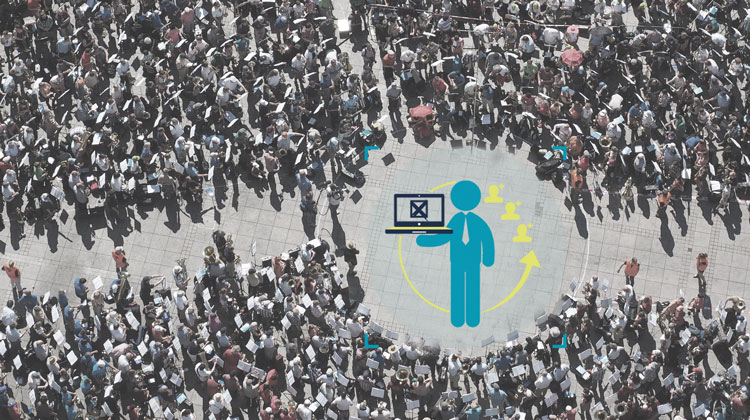
During the Bundestag election in 2013 it became clear that the imbalance in voter participation is growing. According to the study “Divided Democracy – Political Participation and Democratic Satisfaction before the Bundestag Election 2013” from the Bertelsmann Stiftung, the election results were “no longer socially representative”[1].
It became apparent that the basis of this imbalance can primarily be attributed to the social gap among the voters. To put it bluntly: Well-off portions of the population went to vote, and those with a weaker social position did not. The fact that entire social milieus behaved similarly mainly has to do with “belonging”, as do many other causes examined.